Traveling on a budget can be thrilling, but not all money-saving tricks are worth the risk. Cutting corners might save you cash, but it could also jeopardize your trip.
Some travel hacks can put your safety and comfort on the line. While saving money is important, it’s crucial to balance frugality with practical, secure choices.
Explore budget travel hacks that might seem like clever choices but could end up causing more problems than they solve. These tips reveal how seemingly harmless shortcuts can backfire and offer insights on avoiding potential pitfalls.
1. Sleeping in Your Car

Skipping hotels to sleep in your car might save money, but it’s risky. Local regulations on sleeping in vehicles vary widely, and you could face fines or encounter dangerous situations. Car sleeping can be uncomfortable and might leave you tired for driving the next day.
2. Hitchhiking

Hitchhiking might seem like a free way to get around, but it’s very dangerous. You’re putting your trust in complete strangers, which could lead to theft, assault, or worse. In many countries, hitchhiking is legal but often discouraged due to safety concerns. It’s also unreliable – you could end up stranded for hours or in the wrong place.
3. Eating From Dumpsters
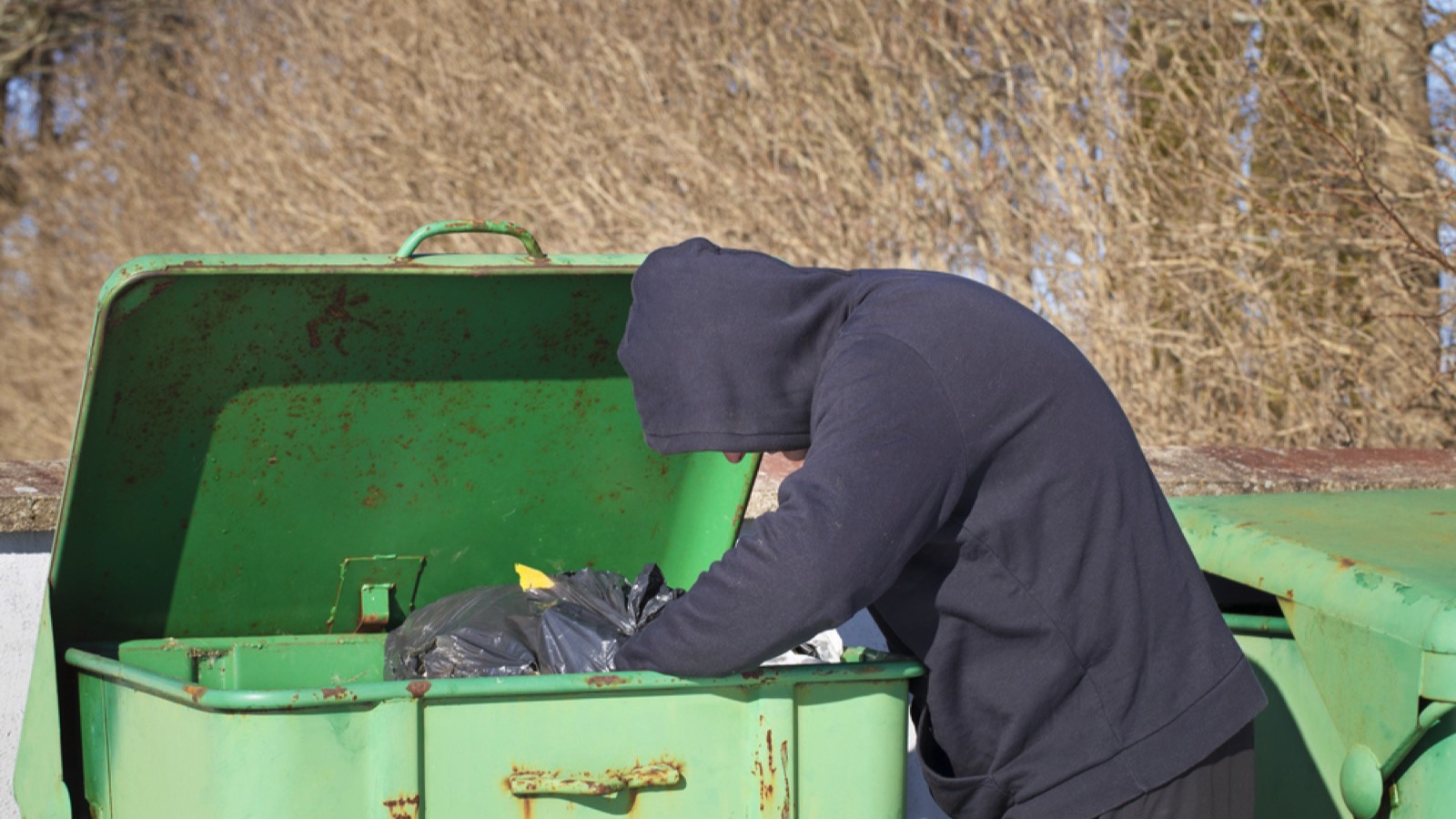
Dumpster diving for food might sound thrifty, but it’s a bad idea. You risk eating spoiled food that could make you very sick. While dumpster diving is legal in some places, it’s generally unsanitary and could lead to legal trouble. There’s also a chance of cutting yourself on sharp objects or meeting aggressive animals while digging through trash.
4. Sneaking Into Tourist Attractions
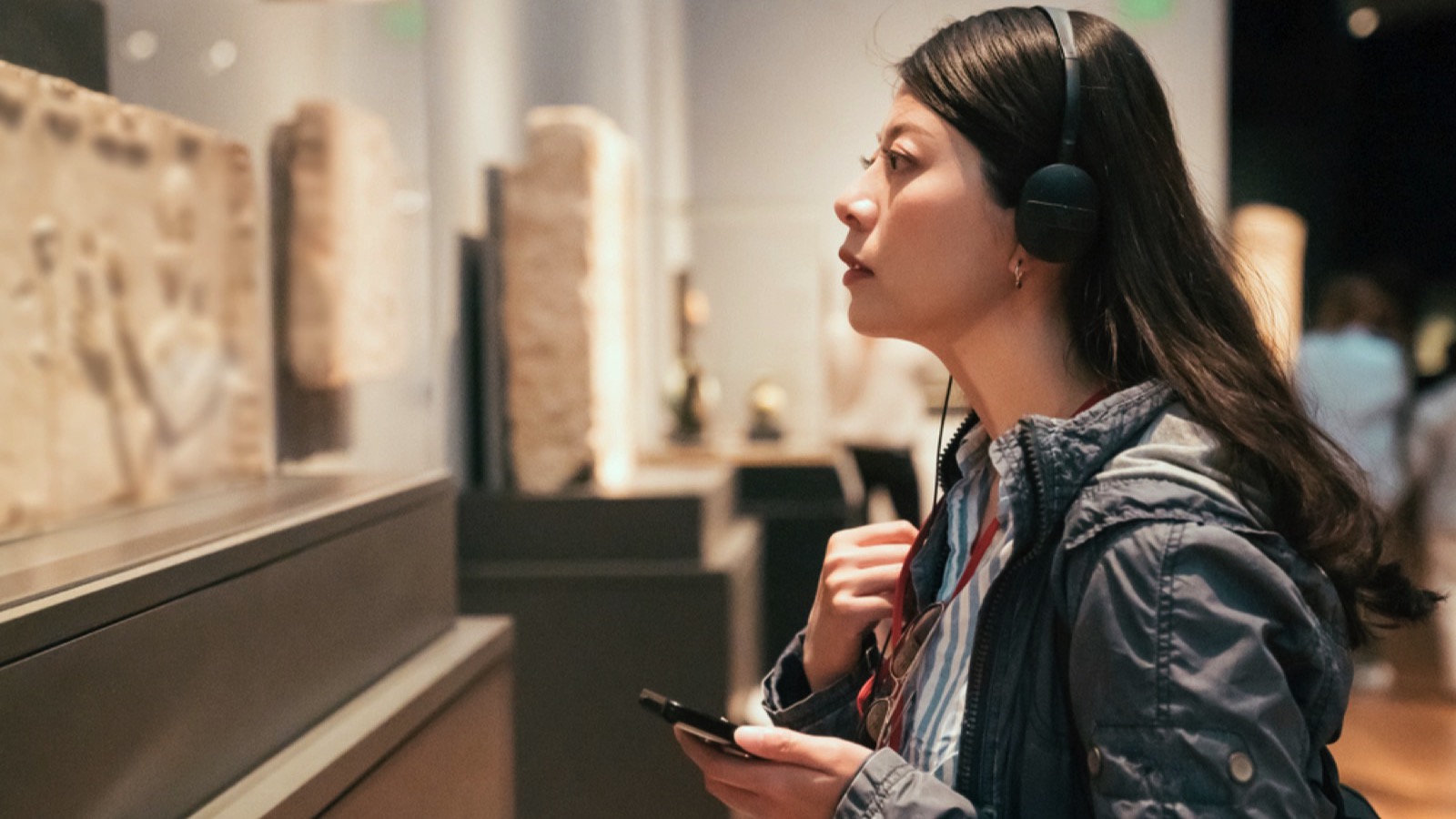
Trying to sneak into paid attractions is illegal and risky. If caught, you could face hefty fines or even jail time in some countries. You might also miss out on important safety information or get stuck in dangerous areas without proper guidance. It’s not worth the risk just to save a few dollars on admission fees.
5. Skipping Travel Insurance
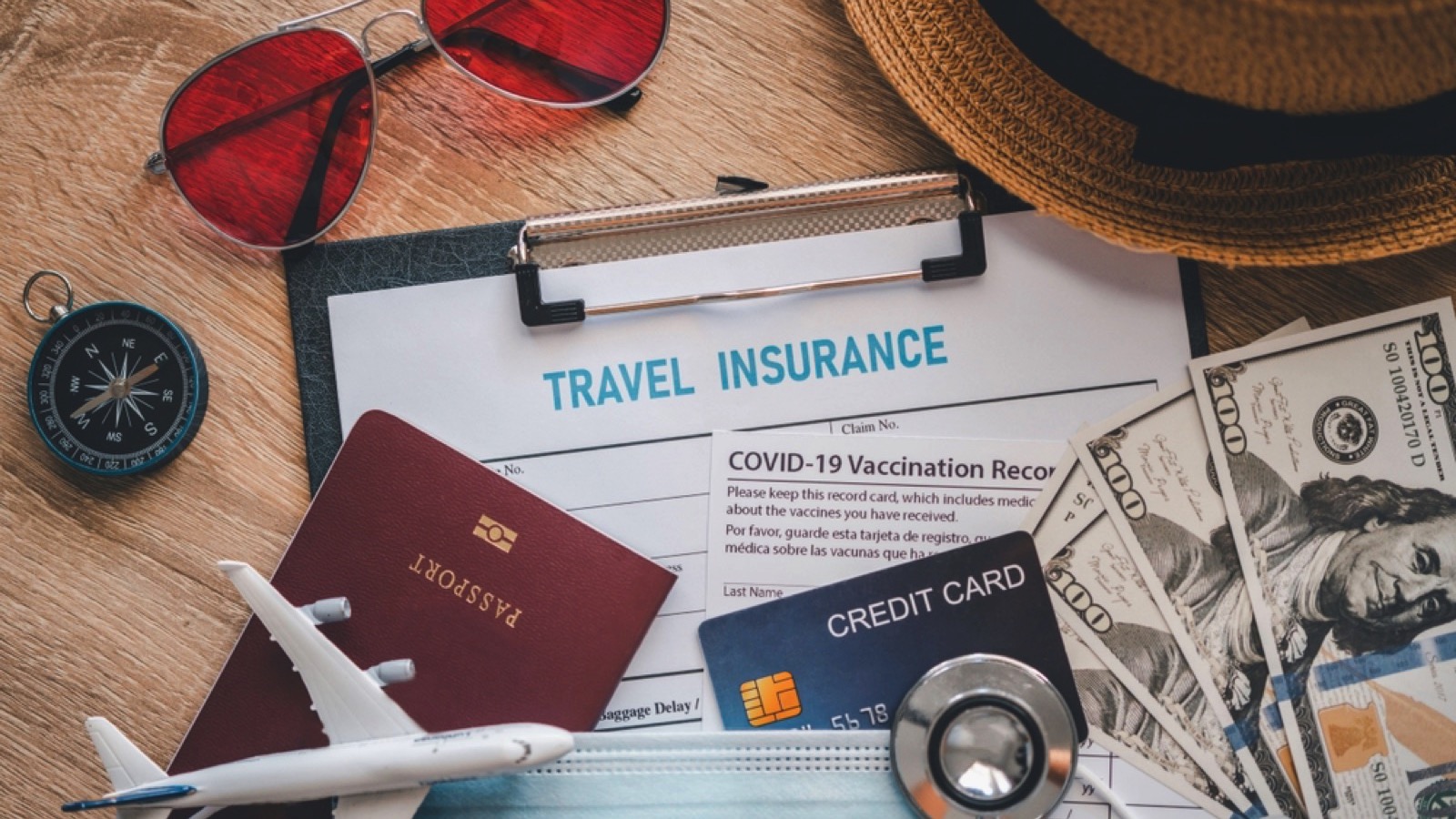
Avoiding travel insurance might seem easy to cut costs, but it’s a huge gamble. If you get sick or hurt abroad, medical bills can be astronomical. You might struggle to get proper care or face massive debt without insurance. Lost luggage, canceled flights, or stolen items can also ruin your trip without the safety net of insurance.
6. Choosing the Cheapest Accommodation Without Research

Booking the cheapest place to stay without checking reviews can lead to nasty surprises. You might be in an unsafe neighborhood or a dirty, bug-infested room. Some super cheap hostels or guesthouses might have hidden fees or sketchy practices. Always research and read recent reviews before booking, even if it costs a bit more.
7. Ignoring Visa Requirements
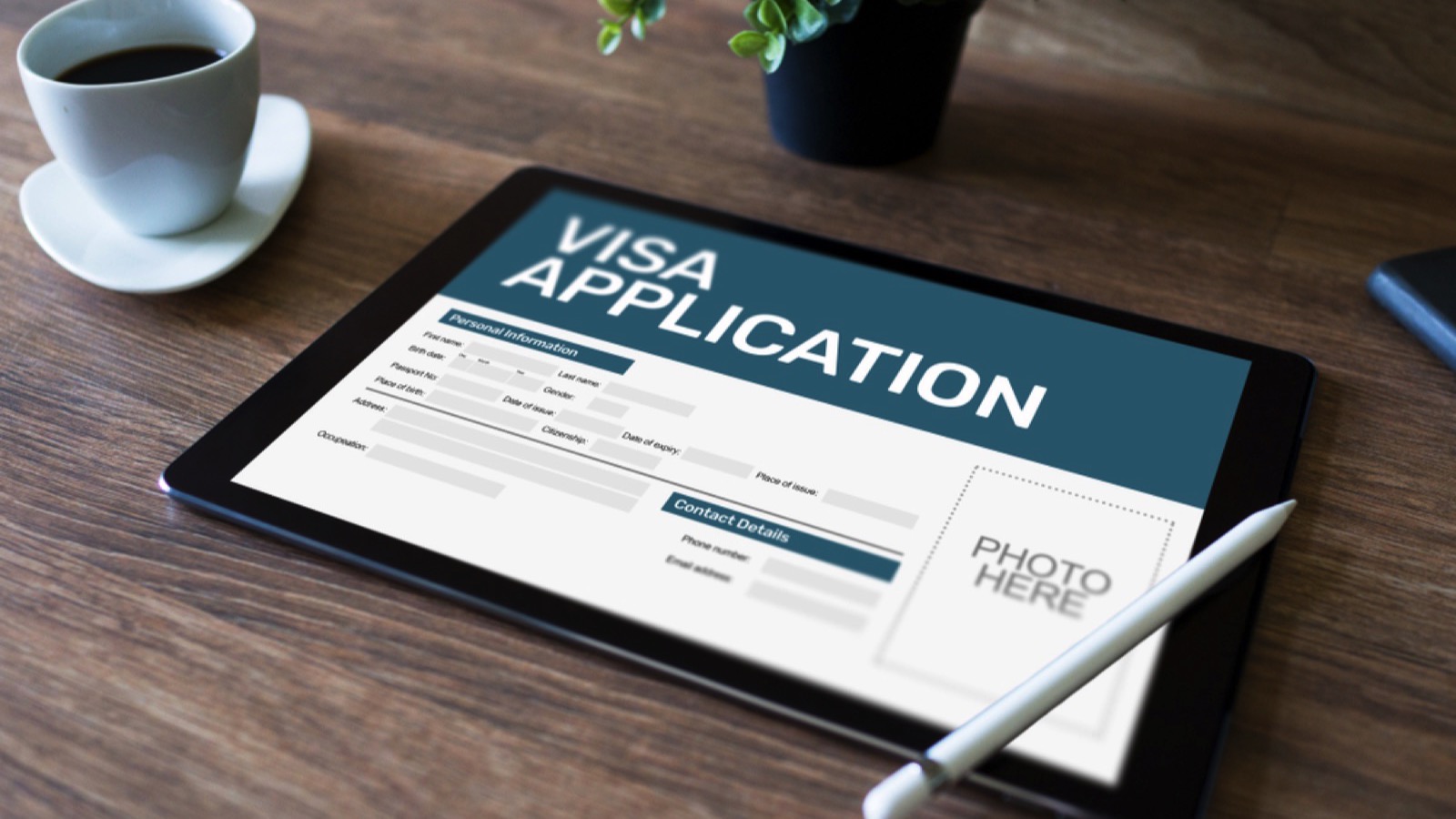
Trying to enter a country without the right visa to save on fees is terrible. You could be denied entry, fined, or even arrested. Some countries have strict rules about overstaying visas, which could ban you from future visits. Always check and follow visa requirements, even if it means spending extra money or time.
8. Drinking Tap Water Without Checking

Drinking tap water to save on bottled water costs can make you sick in some places. Safe water for locals might contain bacteria your body isn’t used to. Getting ill from contaminated water can ruin your whole trip and lead to expensive medical bills. Always check if the tap water is safe for tourists or stick to bottled water.
9. Using Public Wi-Fi for sensitive tasks

Using free public Wi-Fi for banking or entering passwords might save data costs, but it’s very risky. Hackers can easily steal your information on these networks. This could lead to identity theft or your bank accounts being drained. Always use a secure, private connection for anything involving personal or financial information.
10. Skipping Travel Vaccinations

Avoiding recommended travel vaccines to save money is dangerous. You could catch serious diseases that aren’t common in your home country. Some illnesses can have lifelong effects or even be deadly. Many countries require proof of certain vaccinations for entry, so you might not even be allowed in without them.
11. Packing Light to Avoid Baggage Fees

While packing light can save money, going too extreme might backfire. You could end up needing to buy essentials at your destination, often at higher prices. Not having proper clothing or gear for different weather can ruin your trip or even be dangerous in extreme conditions. It’s better to pay more for baggage than be unprepared.
12. Choosing the Longest, Cheapest Routes

Picking flights with long layovers or multiple stops to save money can be exhausting. You risk missing connections, losing luggage, or arriving too tired to enjoy your trip. Very long travel times can also increase your risk of blood clots or other health issues. Sometimes, paying a bit more for a direct flight is worth it for your health and sanity.
13. Relying Solely on Free Walking Tours

Free walking tours might seem great, but they have downsides. Guides often rush through sites to fit everything in, giving you less time to explore. These tours can be overcrowded, making it hard to hear or see everything. Guides depend on tips, so you might face pressure to pay more than you expected. Sometimes, paid tours offer better value and experiences.
14. Couch Surfing Without Precautions

Couch surfing can be a great way to save on accommodation, but it needs careful planning. Staying with strangers always carries risks. You might end up in uncomfortable or unsafe situations. Some hosts might have hidden expectations or agendas. Always thoroughly check profiles, reviews, and have a backup plan before staying with someone you don’t know.
15. Avoiding All Souvenirs

Skipping souvenirs entirely to save money might seem smart, but you could regret it later. Small mementos help preserve memories and can be meaningful gifts. You don’t need to buy expensive items, but setting aside a small budget for a few special souvenirs can add value to your trip without breaking the bank.
14 Pieces of Outdated Money Advice That Can Derail Your FIRE Plan

FIRE – Financial Independence, Retire Early. That’s the dream, right? Quit the rat race and live life on our own terms. It’s totally doable. Plenty of people join the FIRE movement and manage to retire pretty quickly. And there’s a LOT of advice out there on how to do it. Sadly, much of the advice is outdated or just plain bad.
12 Money Mistakes That Can Leave You Vulnerable in a Crisis
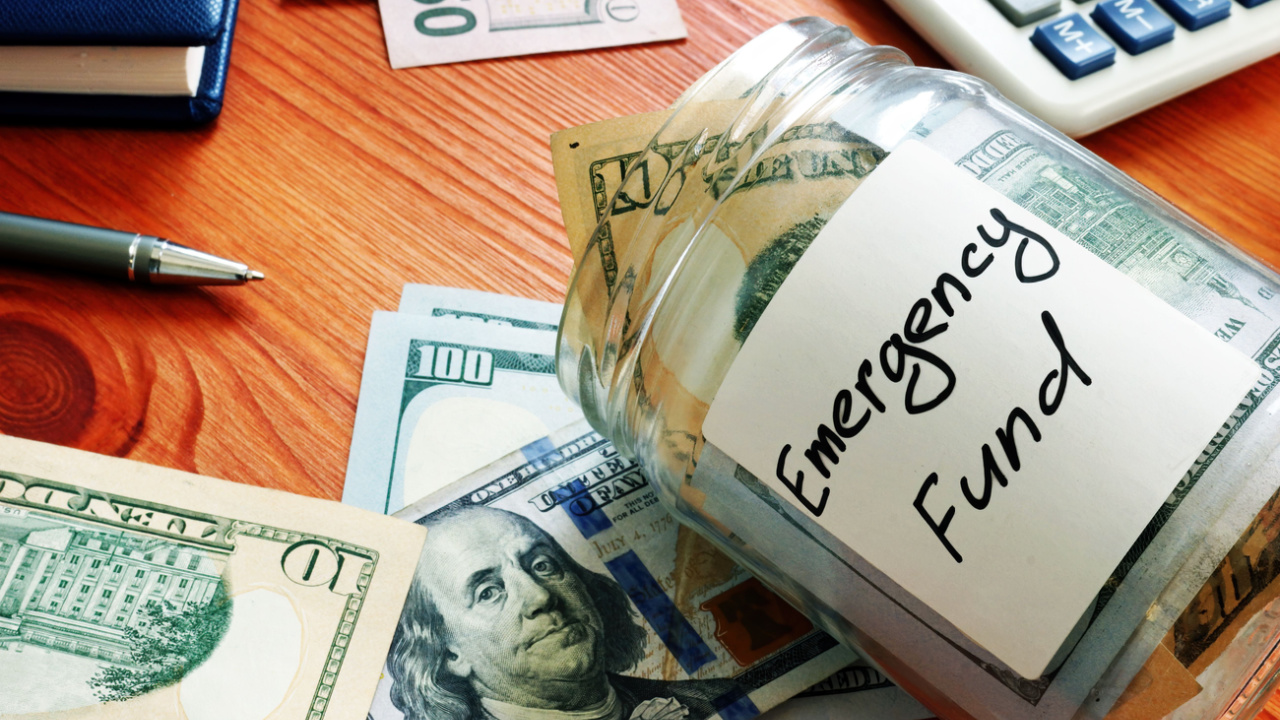
In times of uncertainty, financial stability is more crucial than ever. While prepping for physical emergencies is vital, don’t overlook financial prepping. Avoiding these common money mistakes can help make sure you’re in a stronger position to weather any storm.
24 Important Money Moves to Make Before a Crisis

We live in a world where our financial stability can suddenly take a hit, especially in times of crisis. These unexpected events can shake our finances and livelihood, whether it’s losing a job out of the blue, facing a natural disaster, or dealing with a global pandemic. Preparing and making wise money moves before the storm is the key to getting through these challenging times. We’ll look at some of the critical steps you can take now to safeguard your finances and shield yourself from future crises. So, let’s dive in together and start planning for a more financially secure future!

